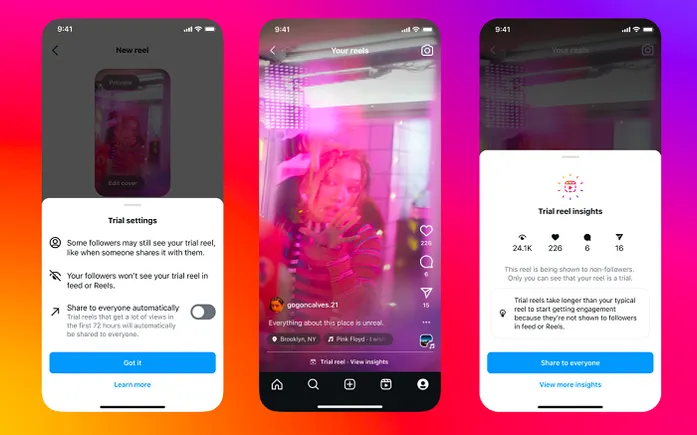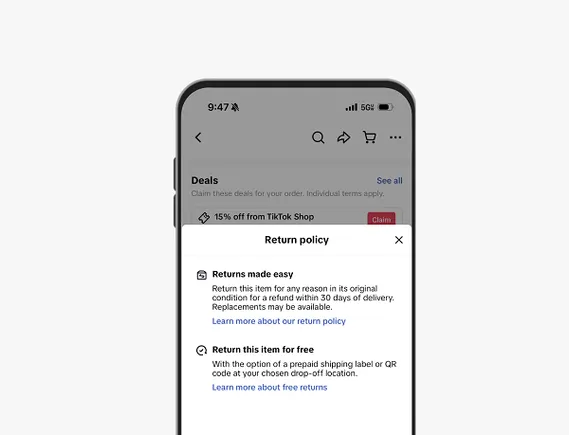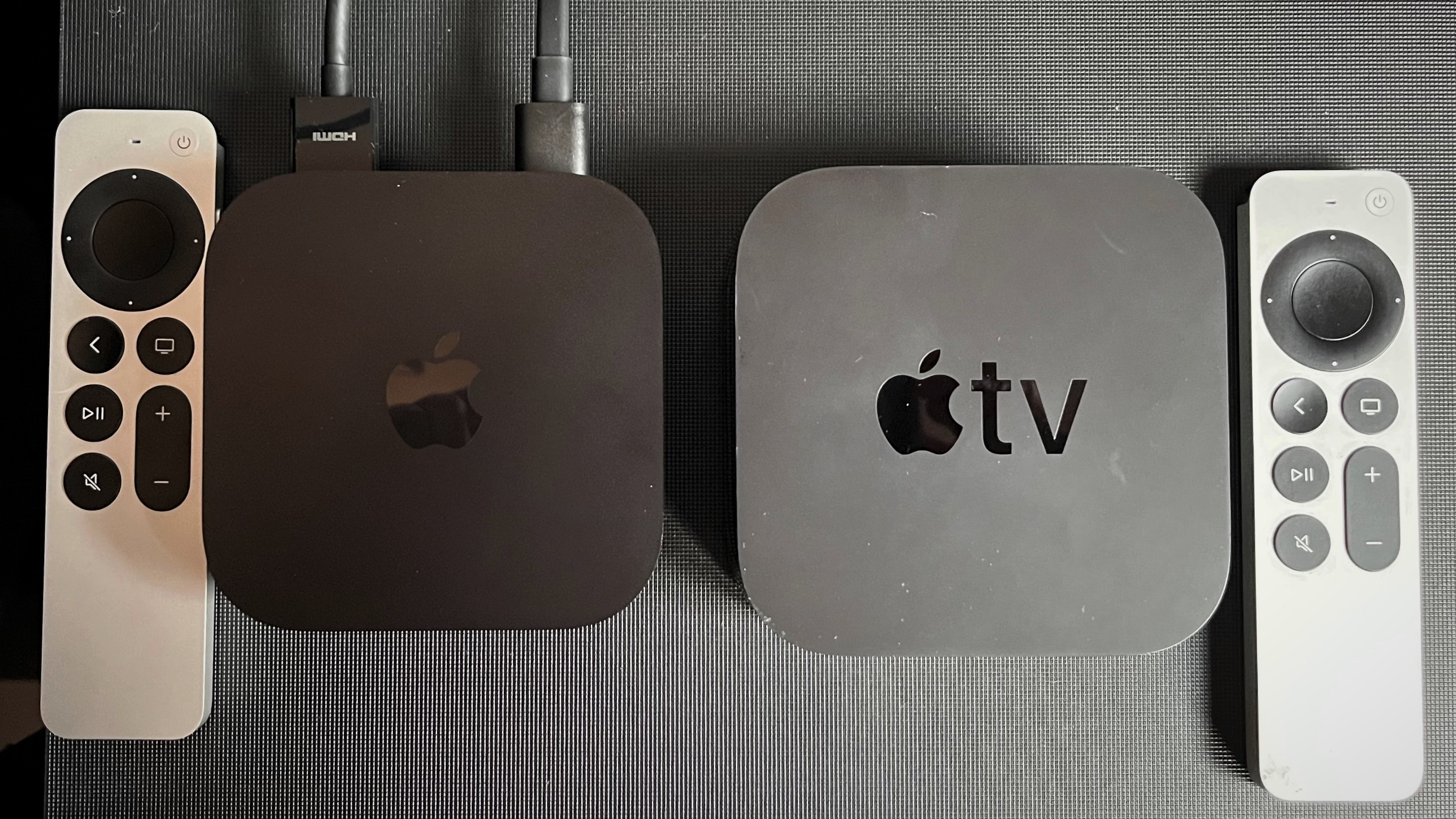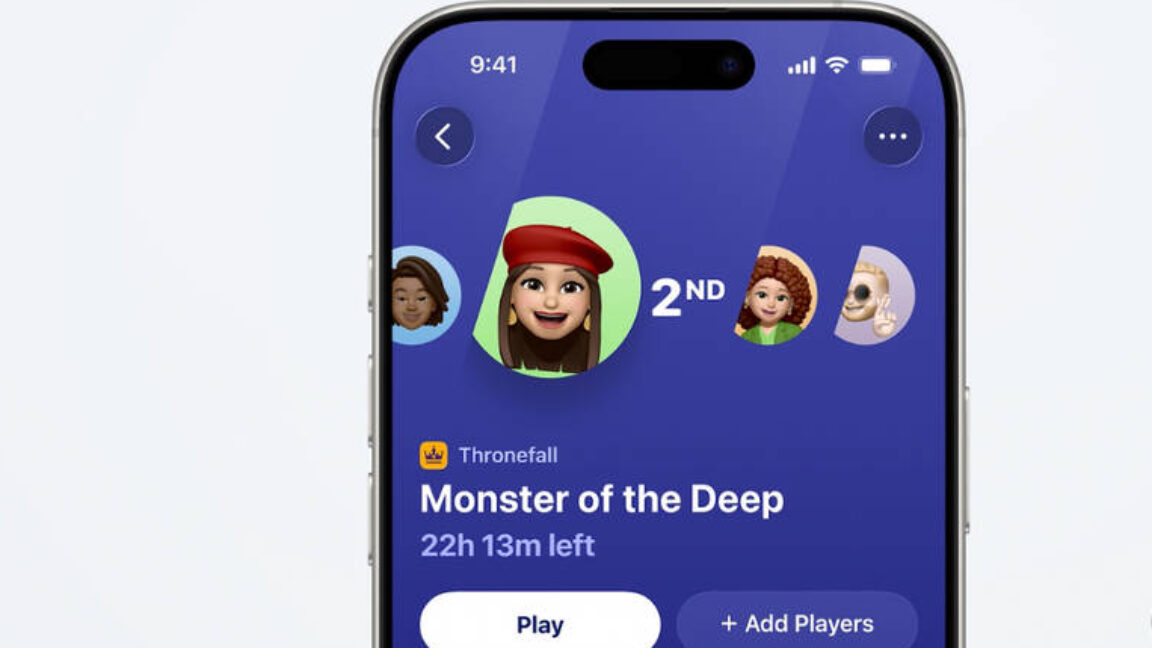Even Copilot haters might like Microsoft’s nifty new AI feature for its Edge browser
Can’t find that website you visited the other week and forgot to bookmark? Microsoft Edge is drafting in AI to help you hunt it down.

- Microsoft Edge has two smart new features in beta testing
- AI will help you find websites in your browsing history
- A new media control center provides a hub for all media playback activity
Have you ever found a useful web page, forgot to bookmark it, then remembered about it later, and had to go hunting through your browser history to try and find the site? This can be a frustrating experience, but Microsoft Edge is aiming to remove the pain from such a scenario.
Neowin reports that as of the beta release of Edge 138 for testers (version 138.0.3351.14 to be precise), there’s a new AI-powered web history search.
Of course, you already get a search facility in Edge’s history (and the other best web browsers out there), but the new feature gives your search query a wider scope and the ability to use synonyms (and more besides).
Microsoft explains: “Enhanced search finds sites in your History even when you use a synonym, phrase, or typo.”
In short, you can type something only vaguely related, and possibly make mistakes or typos when doing so, and AI will still be able to work out what you’re looking for – and hopefully surface the correct website.
Elsewhere in the beta of Edge 138, Microsoft has introduced a media control center. This is a central hub that allows for controlling any video or music playback that’s currently underway within the browser, or other activity such as casting media to another device.
Whatever’s happening media-wise, you can deal with it from here, and the control center is opened by clicking the music note icon along from the address bar in Edge.
Analysis: On-device model

Remember that these features are just in testing for the moment. On top of that, the AI-powered web history search is a limited rollout among testers, so even if you do run the beta of Edge, you may not see it for a while.
In short, it may be some time before this functionality progresses to the release version of the browser, but it’s inbound. And with Microsoft keen to expand AI powers however it can, I can’t imagine this is a feature that’s in any danger of being discarded.
For those worried about privacy in terms of AI hooking its tendrils into your web history, Microsoft is using an “on-device model” and the company promises that none of your data is ever sent off the device into the cloud, or to Microsoft’s servers. Furthermore, the feature needs to actively be enabled, rather than being on by default.














































































































































































.jpg)

















